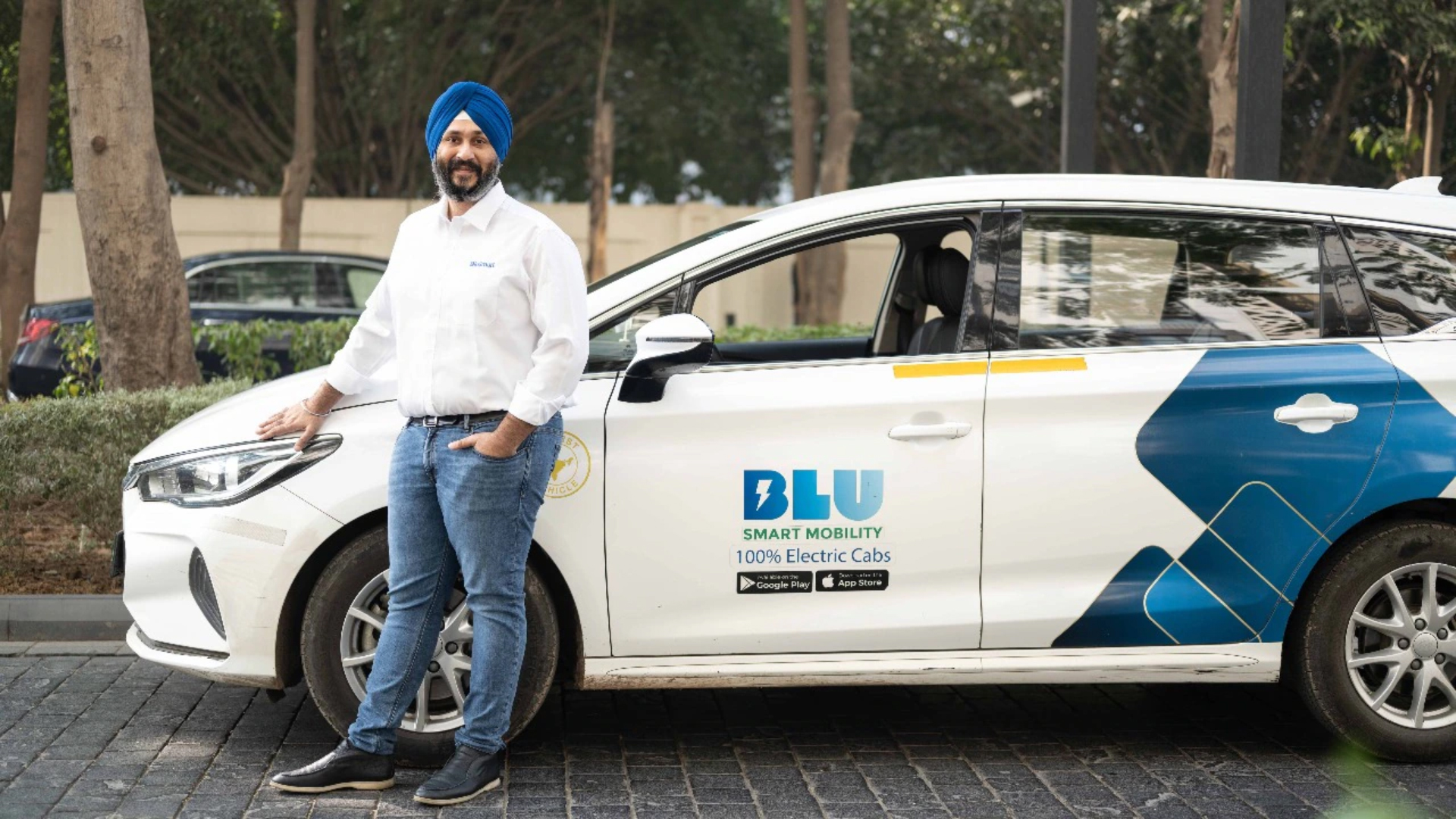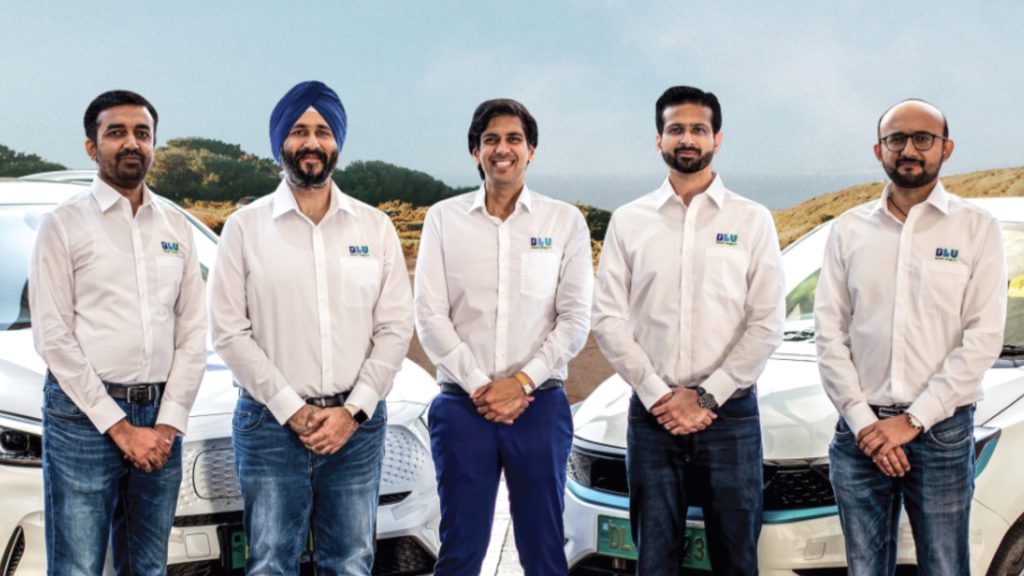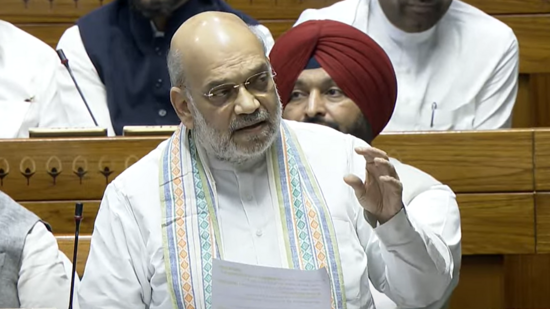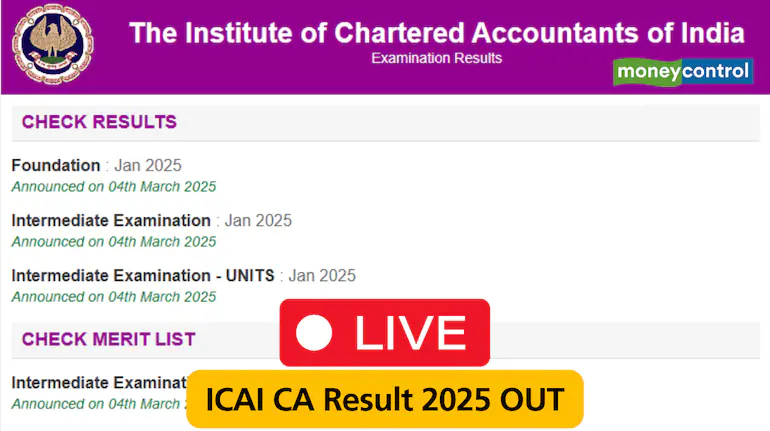
The ₹550 Crore Gensol-BluSmart Scandal has rocked India’s startup ecosystem, exposing alleged financial irregularities between clean energy firm Gensol and EV ride-hailing startup BluSmart. What began as a promising green mobility venture is now under scrutiny, with questions being raised about fund misuse, governance failures, and the future of sustainable transport startups in the country.
How It All Started: A Clean and Bright Idea
In a world going towards green energy and clean solutions, two Indian brothers Anmol and Puneet Jaggi had a big idea. They wanted to clean up Indian cities and reduce pollution by substituting petrol cars with electric ones.To bring their dream to life, they launched two companies:
- Gensol Engineering – a company focused on solar energy and electric vehicle (EV) services.
- BluSmart – a ride-sharing company that ran only electric taxis, like Uber or Ola but cleaner.
The idea looked promising. The world was moving towards green technology, and India was ready to support eco-friendly businesses. Investors believed in them. So did the government. But behind the scenes, things were not so clean.
Business The ₹550 Crore Gensol-BluSmart Scandal: What Went Wrong?
To support the green push, banks and government-backed lenders gave Gensol Engineering around ₹978 crore in loans. The money was meant to buy thousands of electric cars for BluSmart, which would then be used for taxi services in major cities.
But something didn’t add up.
Instead of purchasing the expected number of vehicles, only about 4,704 cars were bought. That raised one big question: Where did the rest of the money go?
Anatomy of the Fraud
India’s stock market watchdog, SEBI (Securities and Exchange Board of India), began an investigation. What they found shocked everyone.
According to SEBI, the Jaggi brothers created a complex web of business transactions using multiple related companies. They moved money between them in a confusing way, making it hard to track where funds were really going.
Here’s what they allegedly did with the money:
- Bought a luxury apartment in Gurugram worth ₹43 crore.
- Purchased a premium golf set for ₹26 lakh.
- Used company money for personal expenses, including international travel and luxury goods.
- Created fake bills and false documents to make it look like the money was spent on business needs.
In short, money that was meant to fund a green movement was instead spent on luxury and lifestyle.
Founders Under Scanner

SEBI didn’t just uncover misuse of funds. They also took strong action.
- Anmol and Puneet Jaggi were banned from holding directorial or managerial roles in any listed company.
- They were prohibited from trading or investing in the stock market.
- Their actions were called a case of “diversion of funds” and “fraudulent misrepresentation.”
This part of the Business The ₹550 crore Gensol-BluSmart Scandal shows how even visionary leaders can fall if they forget ethics and transparency.
What Happened Next?
Once the scandal became public, everything started to collapse:
- Gensol’s share price dropped sharply, causing panic among investors.
- BluSmart suspended operations in key cities like Delhi, Mumbai, and Bengaluru.
- Customers who had money in their BluSmart wallets demanded refunds. BluSmart promised to return the money within 5–7 working days.
Employees, investors, and customers all felt betrayed by what had looked like one of India’s most promising green startups.
India’s Corporate Fraud Legacy
Sadly, the Gensol-BluSmart scandal isn’t the first time something like this has happened in India.
Harshad Mehta’s 1992 securities fraud laid bare underlying flaws in banking regulation, but years later, he is still a folk hero to many investors.
Chanda Kochhar, erstwhile CEO of ICICI Bank, is accused of illegal gratification and criminal conspiracy but has returned to public life with a high-profile podcast hosted by industrial leaders.
In 2009, India witnessed the Indian version of the legendary 2001 Enron fraud case. Satyam Computers Services chairman Byrraju Ramalinga Raju admitted to having fudged the company’s accounts to achieve a fraud of almost 7000 Cr.
- Nirav Modi Scam (2018) – Bank fraud worth over ₹13,000 crore.
- Vijay Mallya & Kingfisher Airlines – Loans taken and not repaid, with money spent on luxury.
Each of these cases, including the BusinessThe ₹550 crore Gensol-BluSmart Scandals, reminds us how important honesty is in business.
What We Can Learn
- Transparency is vital – Business owners must be open about where the money goes.
- Corporate governance matters – Companies need strong rules and regular audits.
- Trust is everything – Once lost, it’s very hard to get back.
Investors and customers today are more aware than ever. One mistake can destroy years of hard work.
Is There a Way Back?
Gensol and BluSmart are now under strict investigation. Their future remains uncertain. Maybe with new leadership, clear planning, and complete honesty, they might recover. But rebuilding trust will take time.
For now, the dream of a cleaner India through BluSmart taxis is on hold. And the name Gensol, once seen as a pioneer, is now tied to one of the most talked-about financial scandals in recent times.
Final Thoughts
The BusinessThe ₹550 crore Gensol-BluSmart Scandal is more than just a money story. It’s a reminder that good ideas alone don’t make a good business. What matters even more is integrity, responsibility, and putting people before profit.
If future entrepreneurs can learn from this, India’s next green startup could be smarter, cleaner, and much more honest.
Follow Us For More Latest Updates : www.idnn.in
Follow Us on Our X Account : @idnnlive






